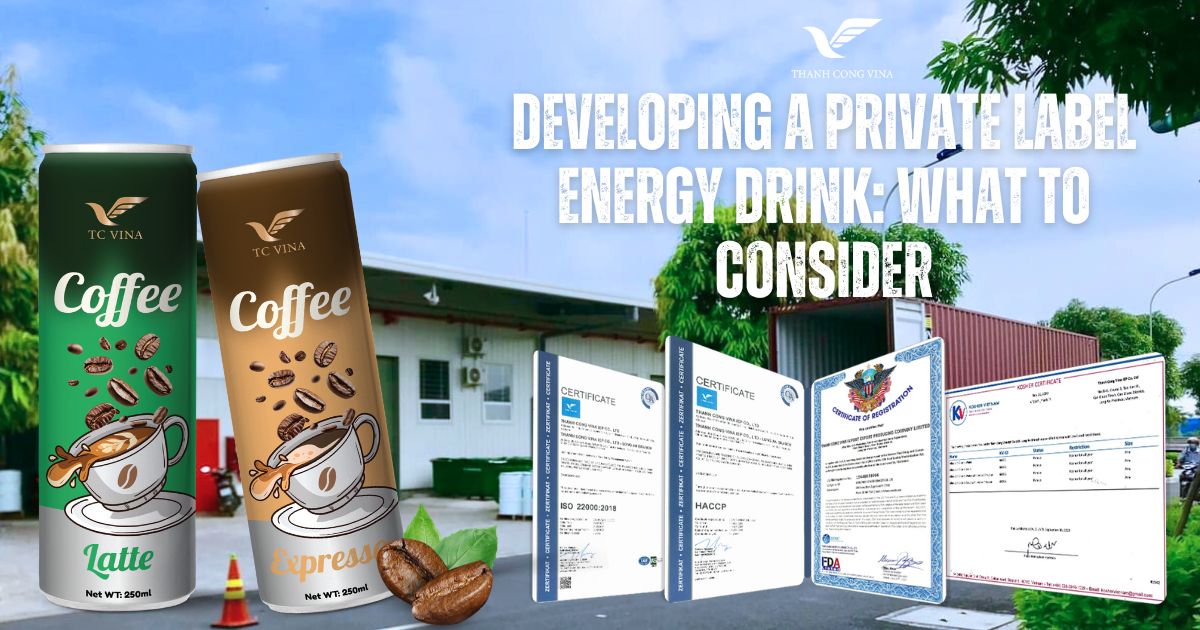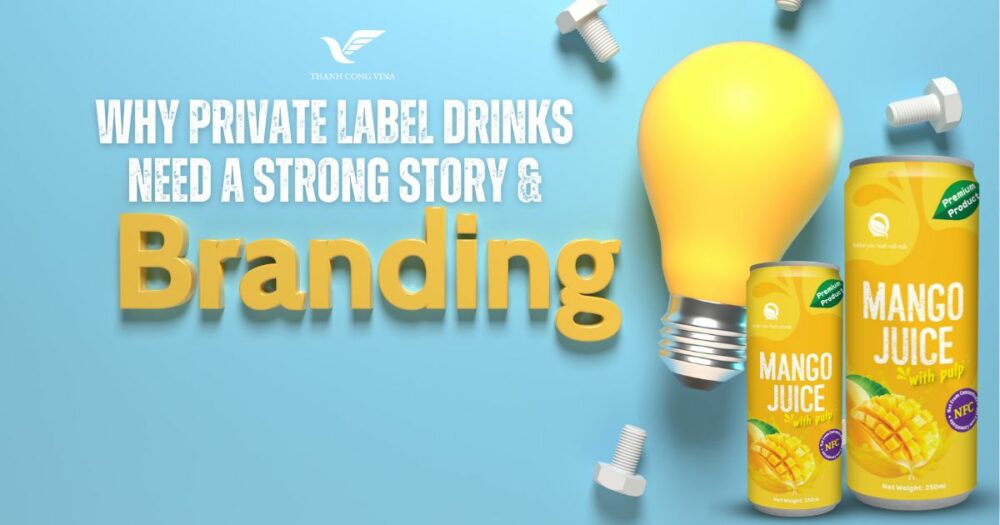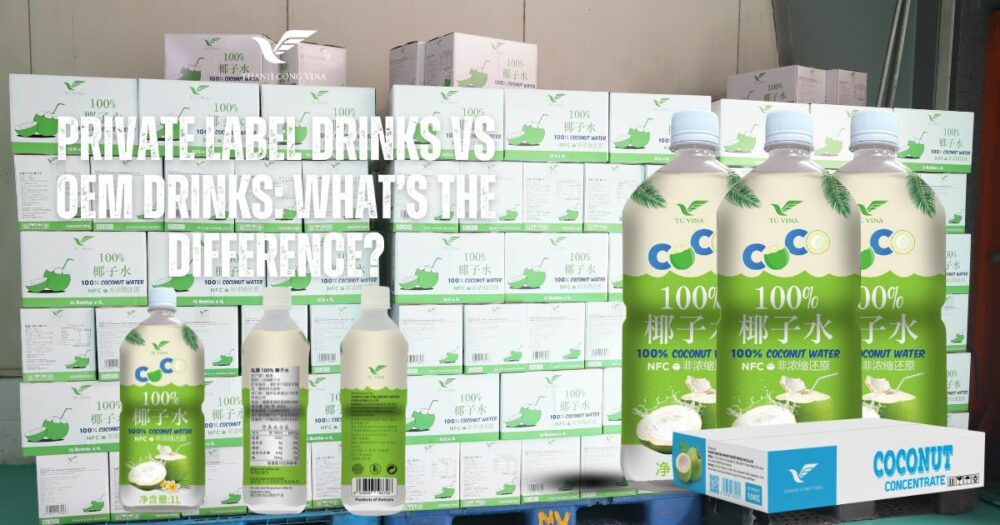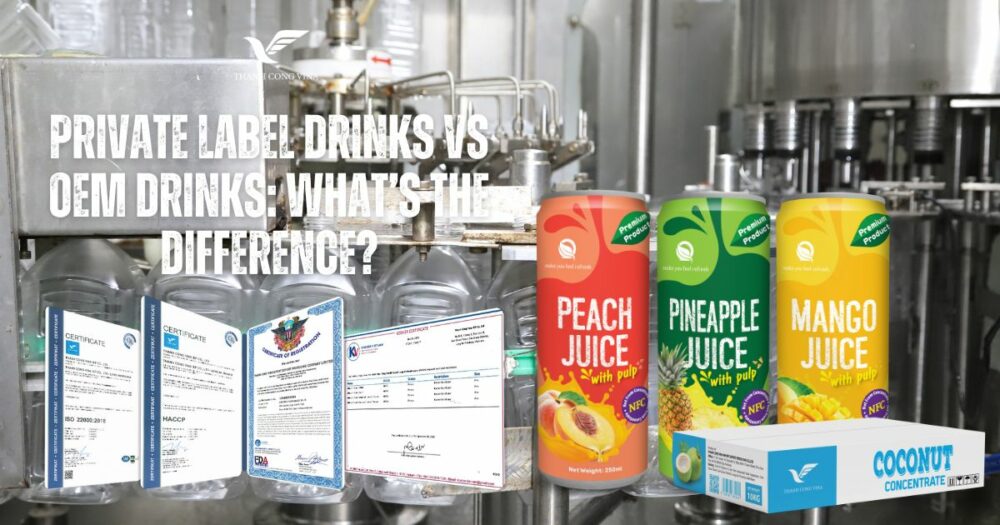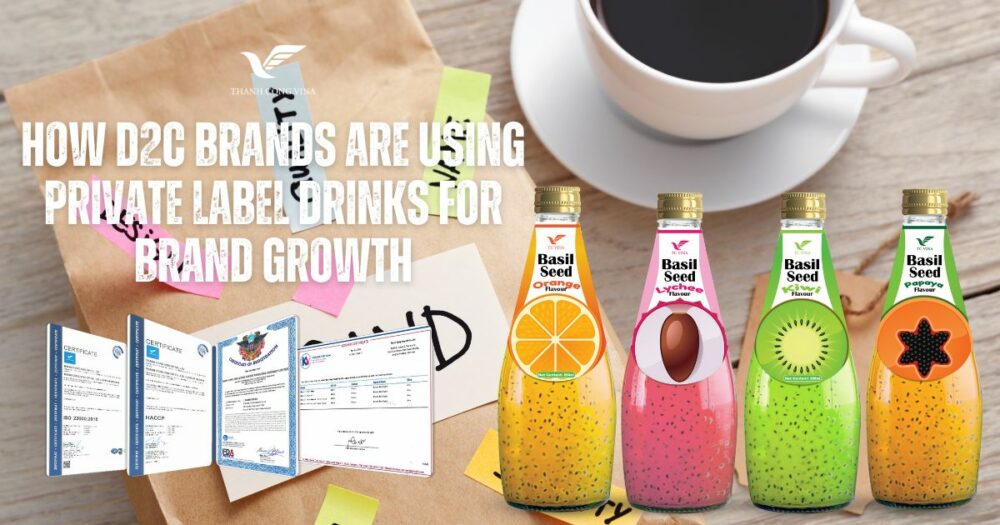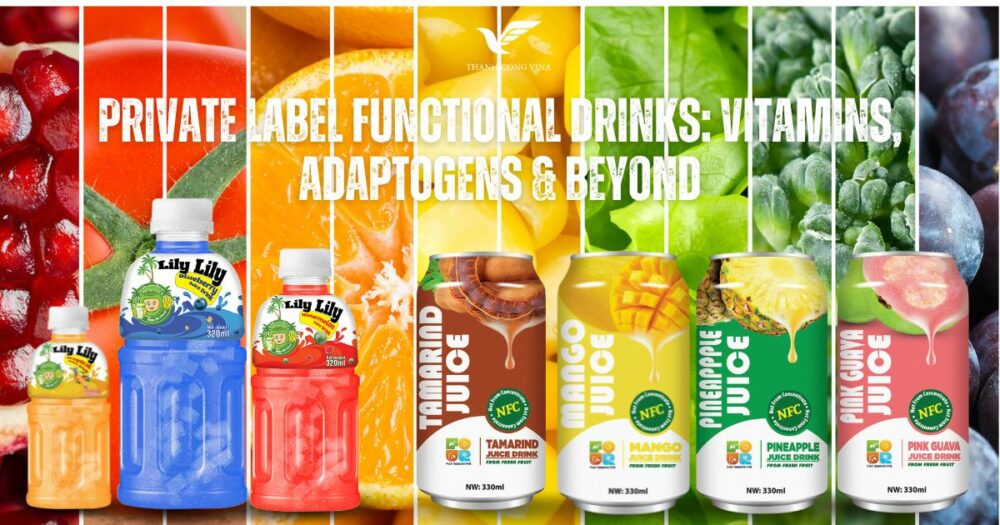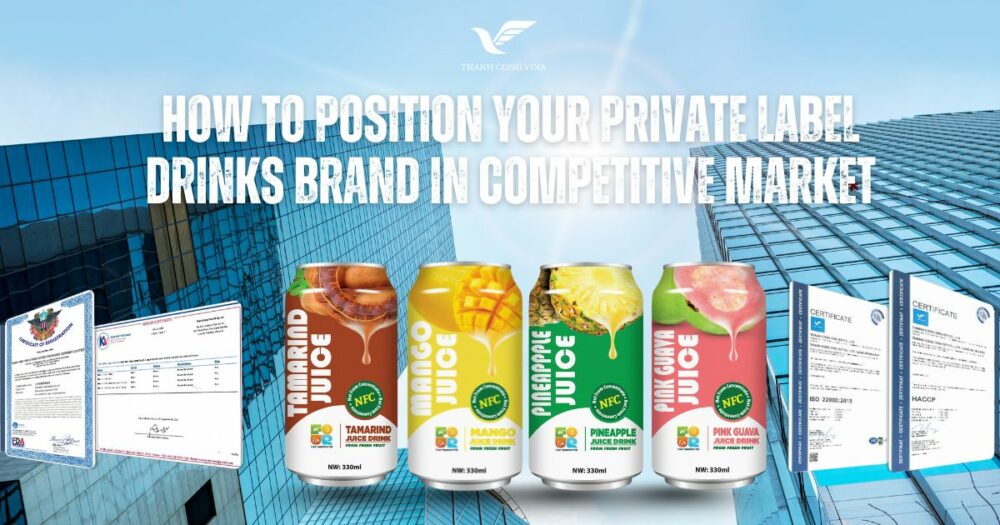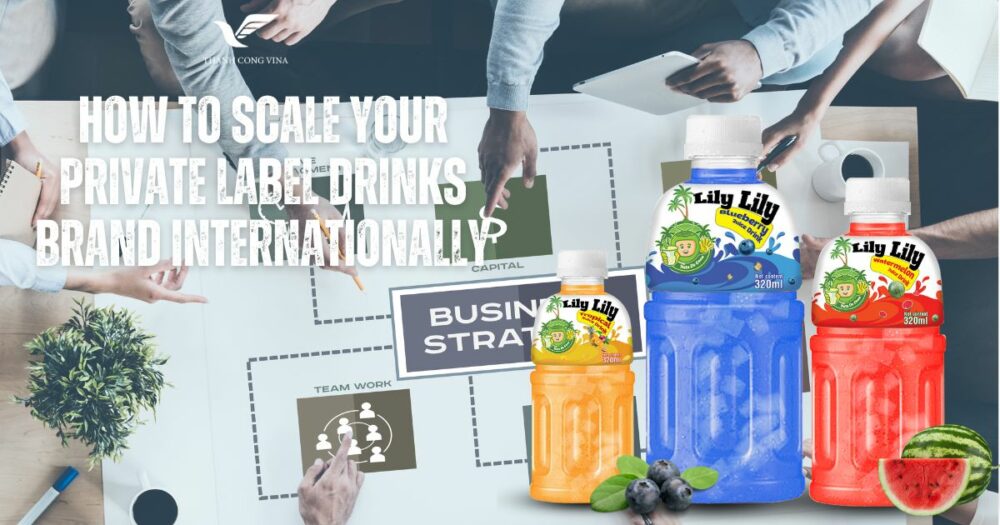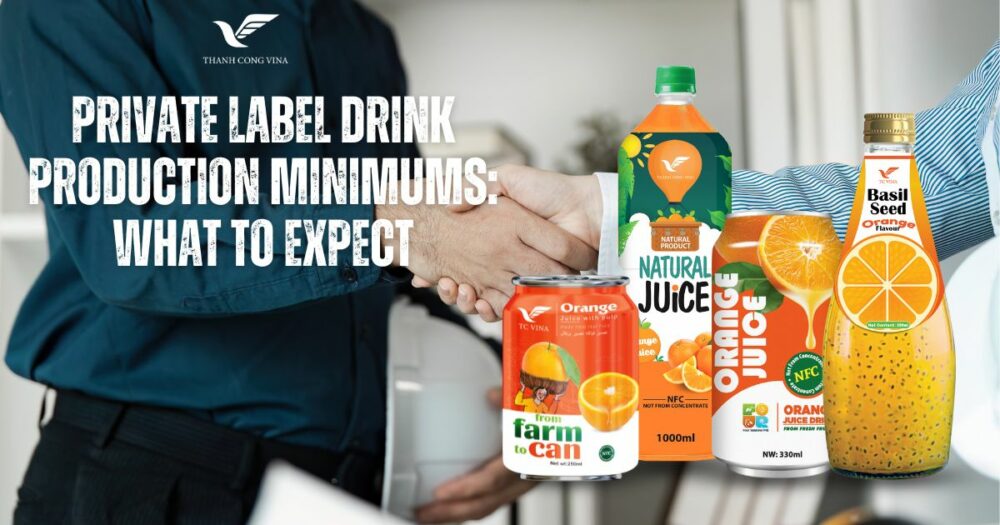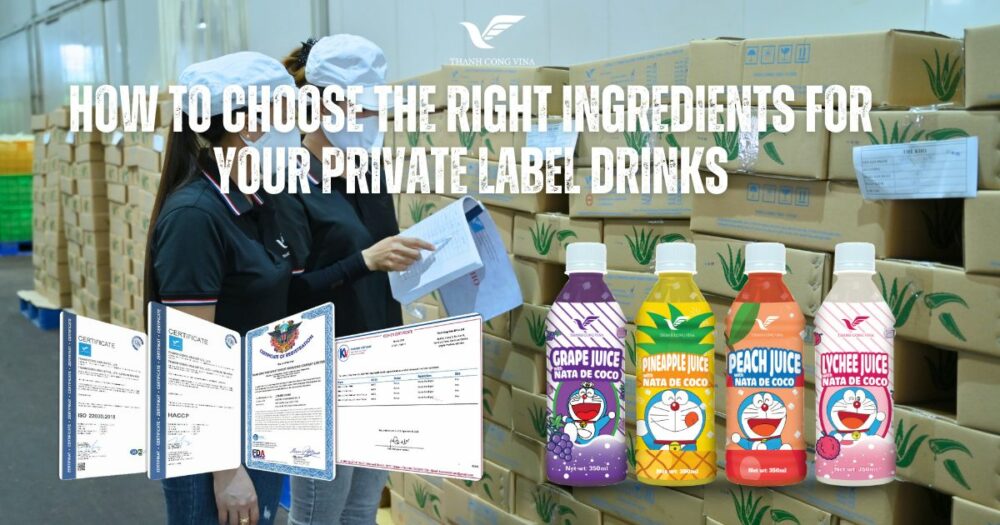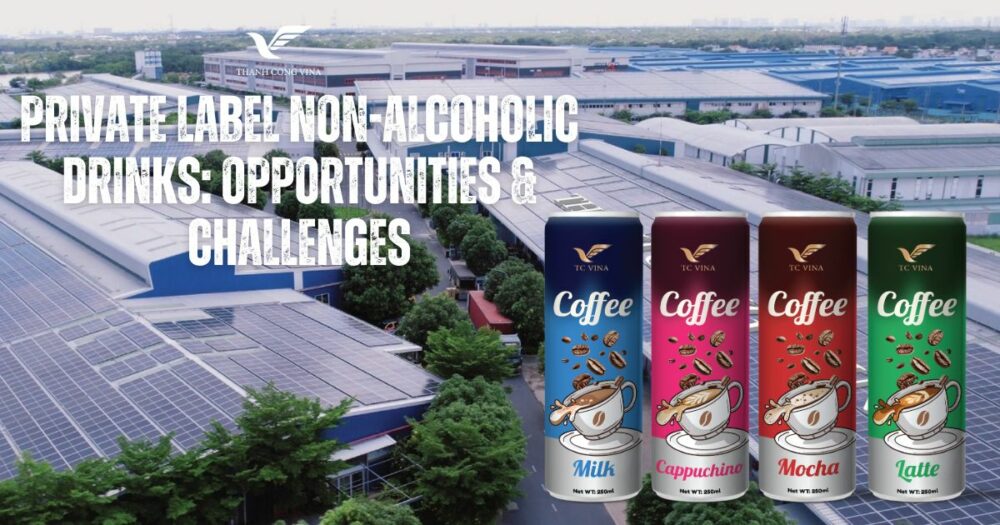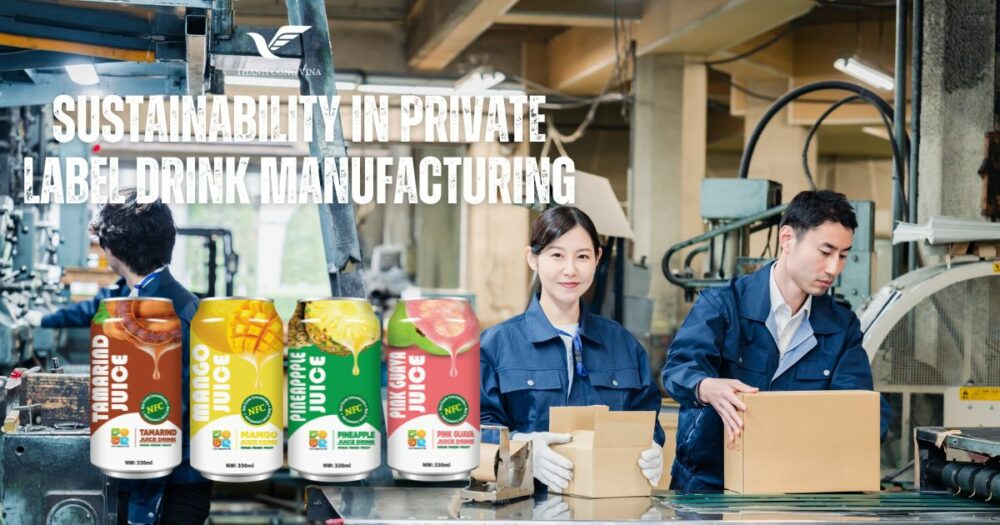The global beverage industry is undergoing a major transformation as modern consumers shift toward healthier, cleaner, and more functional drink options. This shift provides an immense opportunity for companies investing in private label beverages, especially those aiming to build a strong health-focused brand.
Retailers, distributors, and startups increasingly look to private label manufacturing as a faster, more flexible way to enter the beverage market without the high financial or operational burden of owning a production facility. Yet, achieving success in this segment requires more than just outsourcing production—it demands a strategic approach to formulation, branding, compliance, sourcing, and marketing.
With health-conscious buyers scrutinizing labels and demanding transparency, brands must adapt to meet expectations in quality, ingredient integrity, sustainability, and functional benefits.
This comprehensive guide explores how to build and grow a health-focused private label beverage brand, covering consumer trends, product development, formulation essentials, packaging considerations, and long-term brand strategy.
1. Understanding the Shift Toward Health-Focused Beverages
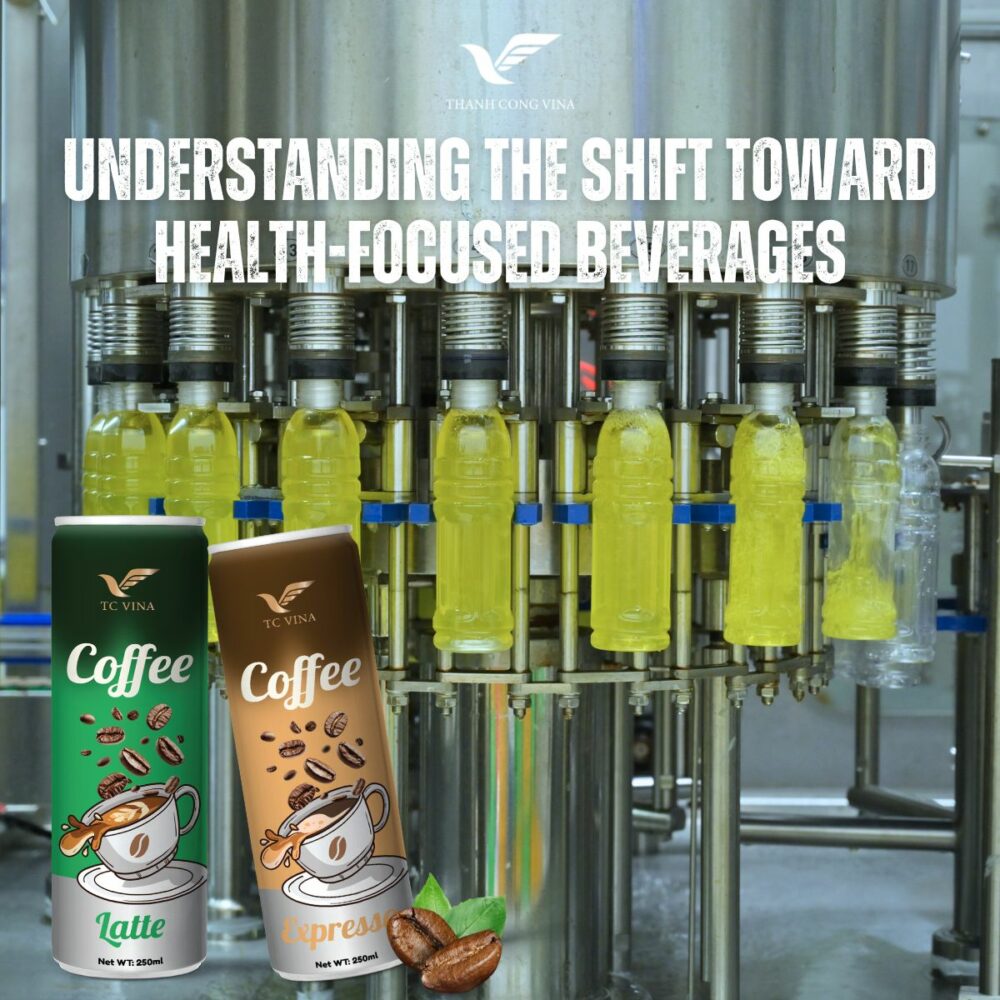
Understanding the Shift Toward Health-Focused Beverages
Health Trends Driving Consumer Behavior
Consumer priorities have shifted dramatically over the past decade, especially as awareness around wellness, weight management, and functional nutrition increases. Surveys reveal that buyers prefer beverages with clean labels, recognizable ingredients, lower sugar content, and added health benefits such as vitamins, probiotics, electrolytes, or botanical extracts. This shift is not seasonal—it reflects a long-term change in how people evaluate their daily drink choices.
Why Private Label Fits the Trend
Private label beverages allow retailers and new brands to quickly create products that align with rising health demands. With flexible formulation options, shorter development timelines, and competitive pricing, businesses can adapt to trends like plant-based drinks, functional waters, and low-calorie juices faster than major global brands. This agility becomes a decisive advantage when consumer expectations change rapidly.
2. Key Considerations When Building a Health-Focused Private Label Beverage Line
Ingredient Integrity and Transparency
Consumers demand authenticity. Whether it’s fruit content, botanical extracts, natural sweeteners, or electrolytes, transparency in the ingredient list directly influences purchasing decisions. Brands must ensure their private label beverage manufacturer sources premium raw materials, adheres to strict quality standards, and supports necessary documentation such as COA, MSDS, or organic certifications.
Functional Formulations
Popular categories include hydration beverages, antioxidant-rich drinks, digestive support beverages, immune boosters, and energy blends. When developing a health-focused beverage line, brands should prioritize scientifically supported ingredients and avoid overpromising health benefits.
3. Developing Clean-Label and Functional Beverage Formulas
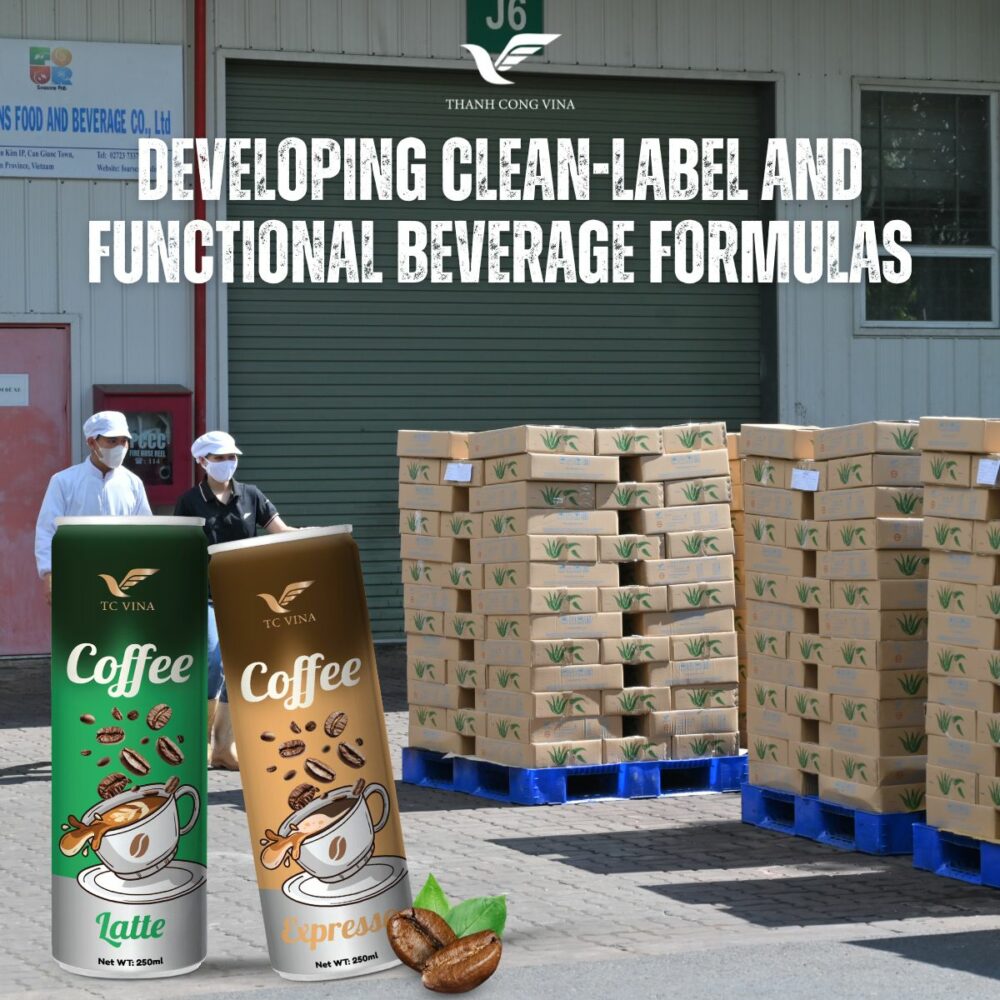
Developing Clean-Label and Functional Beverage Formulas
Clean-Label Requirements
A clean label typically means limited artificial additives, natural flavorings, non-GMO ingredients, and no artificial colors or preservatives. In private label beverage production, brands can work closely with R&D teams to achieve minimal-ingredient beverage formulations that still ensure product stability and shelf life.
Functional Ingredients and Their Roles
Functional beverages may include ingredients such as probiotics, collagen, aloe vera, vitamin complexes, herbal extracts, amino acids, or electrolytes. The challenge lies in combining functionality with taste, stability, and regulatory compliance. Brands must consider factors like pH levels, solubility, and ingredient interactions during formulation testing.
4. Packaging and Design for a Health-Focused Brand
Eco-Friendly Packaging Trends
As sustainability becomes a defining value for modern brands, eco-conscious packaging—like rPET bottles, biodegradable labels, or lightweight cans—helps reinforce a health and wellness image. Buyers often associate environmentally friendly packaging with product quality and brand credibility.
Design Principles for Health Beverages
Minimalistic designs, clear ingredient callouts, and professional layouts communicate trust. A clean, modern design can significantly influence whether a consumer perceives a beverage as healthy. Brands should prioritize label clarity, highlighting functional benefits such as antioxidants, vitamins, hydration support, or natural ingredients.
5. Compliance, Certifications, and Quality Control in Private Label Beverages
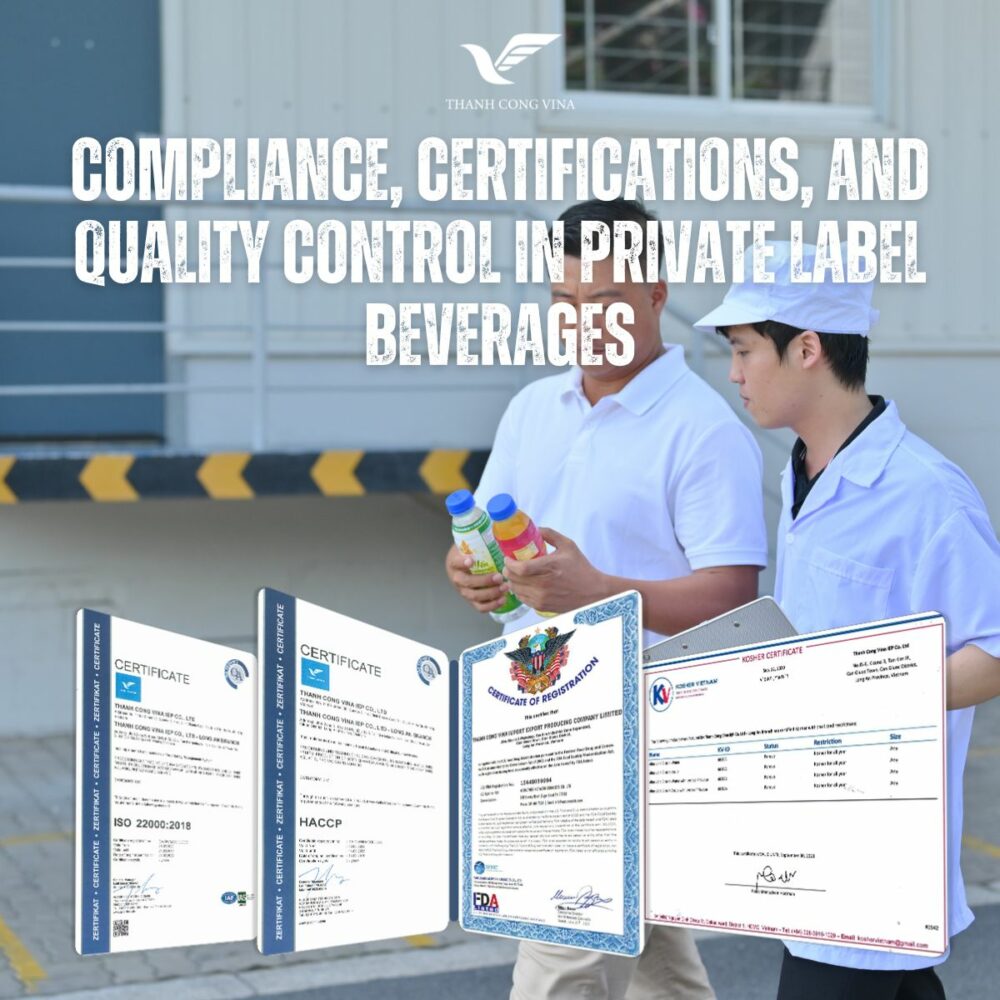
Compliance, Certifications, and Quality Control in Private Label Beverages
Regulatory Requirements
Health-focused beverages must comply with strict regulations, including accurate nutritional labeling, approved claims, permitted additives, and safety standards. Depending on the export country, brands may require certifications such as FDA, HACCP, ISO, HALAL, or organic compliance.
Quality Assurance Practices
A reputable private label beverages manufacturer conducts rigorous quality checks—from raw material inspection to in-process testing and finished product evaluation. COA verification, microbial testing, and stability trials ensure the beverage meets industry and legal requirements.
6. Marketing Strategies for Health-Focused Private Label Beverages
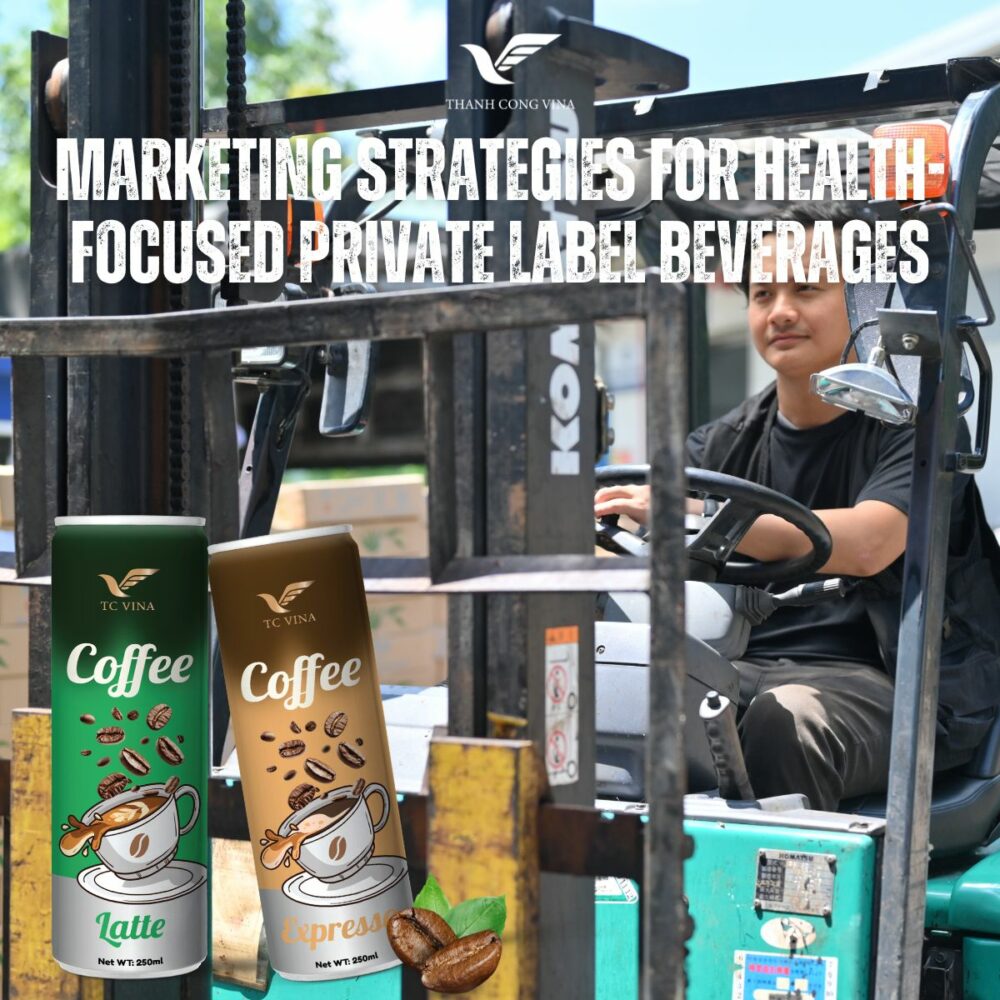
Marketing Strategies for Health-Focused Private Label Beverages
Target Audience Segmentation
Understanding the target market—fitness enthusiasts, busy professionals, parents, or wellness-focused consumers—helps shape messaging, positioning, and product variations. Health-conscious segments often care deeply about ingredients, nutritional value, and sustainability.
Brand Narrative and Storytelling
Consumers gravitate toward brands with authentic values. A compelling health-focused narrative emphasizes ingredient quality, transparency, origin stories, or functional benefits. Storytelling helps differentiate a private label beverages brand from commodity-level competitors.
Digital Marketing and Channel Strategy
SEO-driven content, influencer partnerships, social media campaigns, and educational posts strengthen brand visibility. Sampling programs, bundling strategies, and retail partnerships accelerate market penetration, especially for new health beverage lines.
Conclusion
Building a health-focused private label beverages brand requires a strong foundation in formulation, compliance, sourcing, and marketing. As consumers continue to prioritize wellness, brands that offer clean-label, functional, and transparently sourced drinks gain long-term loyalty. Strategic product development, clear messaging, and eco-conscious packaging help reinforce credibility in a competitive market.
For companies seeking an experienced partner to bring their ideas to life, TCVina offers comprehensive private label beverages manufacturing services tailored to global health trends. With advanced technology, strict quality controls, and an experienced R&D team, businesses can develop drinks that meet consumer expectations while ensuring regulatory compliance. Choosing Thanh Cong Vina IEP CO., LTD enables brands to reduce development time, expand product offerings, and scale with confidence in the high-demand health beverage segment.

